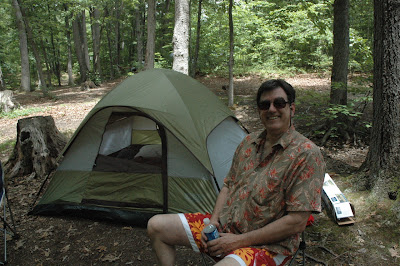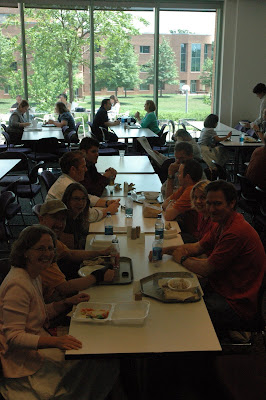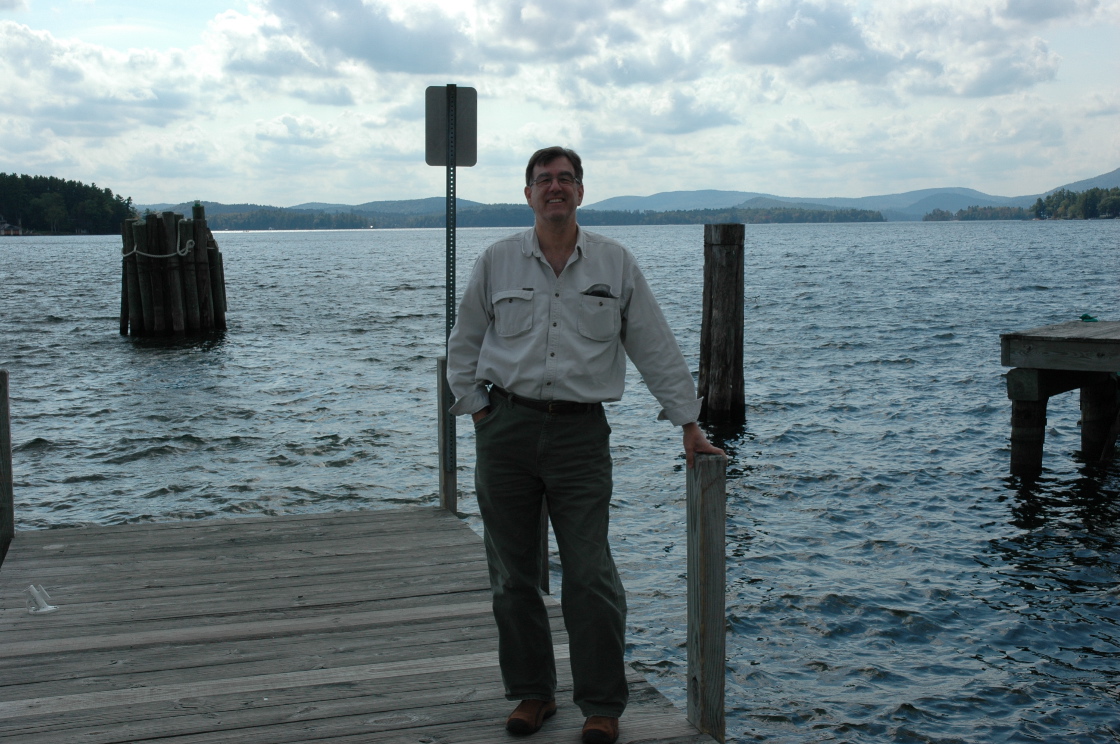This, the ninth month of the Islamic (lunar) calendar, is called Ramadan. This is a time for reflection, charity, prayer and, of course, fasting. Apart from the very young, the very old, the sick or infirm, nursing mothers and travellers, devout Muslims are expected to fast during Ramadan. The first meal of the day must be finished before the morning prayers at sunrise then nothing can be eaten or drunk until after the evening prayers at sunset. Devout Muslims won't even take a sip of water on a scorching hot day during Ramadan. The practice of fasting during Ramadan is one of the five pillars of Islam. The other four being the profession of faith that Allah is the one true God and Mohammad is his prophet, the obligation to make a pilgrimage, or Hajj, to Mecca once during one's lifetime (finances permitting), praying five times each day and performing regular acts of charity.
Our team of Urdu instructors are a truly wonderful group of people who go out of their way to teach us much more than just the language of their country. They believe it to be every bit as important for us to learn, understand and appreciate the culture and customs of Pakistan as it is for us to master the ability to ask for directions to the bathroom. Ramadan, or Ramzan in Urdu, is taking place now and our teachers have gone to great lengths to explain what is happening, why it's happening and what it means to them.
For example, today we were all invited to help prepare and eat Iftar with our instructors. Iftar is the meal served just after sundown and it can be as simple or as elaborate as you may want to make it. After class we met at an instructor's home and began to cook. Out of respect for our Pakistani hosts, who hadn't eaten since before sunrise, we refrained from eating or drinking anything during the afternoon. Most of us had eaten lunch just before we left FSI so this wasn't quite as big a sacrifice as it might seem. In my own case, a double bacon cheeseburger with fries and an ice cream cone kept me from fainting away during the long afternoon.
Tasnim Razi is our senior instructor and she made sure that we were all participating in the preparation of the food and that no one spoke any English. An instructor lapsing into English would be quickly brought back to task with "Ingrezi nihiin!!". We even played charades in Urdu. Have you ever tried acting out a word pronounced something like "ghhhrrgghnn"? Until today, neither had I. So we talked and we walked around the house identifying as many objects as we could and we played charades, but mostly we cooked. We cooked a huge feast of homeric proportions. Our hosts provided the food and the know-how and we supplied the willing, if moderately incompetent, labor. Under the inspired leadership of Malik Sahab, I made the salad.
By 7:00pm the students were keeping a close watch on the sun and the hungriest of us began to argue that, because the sun had gone behind a neighbor's roofline, it had technically set for us and we should eat. Surely the Prophet would agree. Funny enough there is a specific set time each day for Iftar and your neighbor's roofline has nothing to do with it. Who knew? Eventually, of course, the sun did set (it's almost inevitable that it will) and the fast was broken with sips of water and a 'khajoor'. 'Khajoors' are dates and they're the first food eaten after sunset. Then the Muslim men all went into the downstairs room to pray. While they were praying, the food was set out buffet style on a long table and we put out plates, forks, napkins and other necessities. We kept circling the table like kids at a game of Musical Chairs. Tasnim and the other female instructors were urging us to eat, saying that we weren't expected to fast. However, we felt that out of consideration for our hosts, who hadn't eaten since before sunrise, we should refrain from digging in.
Unless you're starving to death, because all you've had to eat since noon was a double bacon cheeseburger, fries and an ice cream cone, Iftar prayers are actually quite short. The men came back upstairs and Tasnim led the ladies and then the men in to the feast. Each dish smelled better than the one before and I fully intended to make a complete pig of myself until I remembered that there is an absolute prohibition against pork amongst Muslims, so I decided to make a cow of myself instead (thereby offending the three Hindus who had joined us). I loaded up with kabobs, chickpea curry, assorted vegetable dishes, meatballs in a gravy sauce and beef in a rice/curry dish. There was just room on top for a couple of slices of warm flat bread and I was off to find a seat.
I found a spot at a table with three instructors and was pleased to see that they, too, had filled their plates. The first thing I tried was a curry of beans and veggies. As I lifted the fork, one of my instructors said, "You'll like that curry, it's milder than the chickpea one." I smiled and shoveled the first forkful of food into my mouth that I'd eaten since noon. Flames immediately shot out of every opening in my body (just another reason to be thankful I've never had anything pierced) and I lost the ability to see, hear, think and play the piano. My instructors were, apparently, saying something to me, which I can only assume was the Islamic Prayer for the Dead, but I couldn't respond because my mouth was filled with radioactive curry, my nose was running like a track meet and I was weeping like a schoolgirl. Then I realized that I would have to finish every bite on my plate or risk offending my very gracious hosts, the people who will grade my efforts in Urdu...weeping like a schoolgirl with a broken heart. Bite by bite I managed to eat it all and they were right, the beans and veggies curry was milder than the chickpea curry and almost every other thing on my plate. I'm glad I know that now and I'm certain that the ringing in my ears will subside in a month or two.

This is a shot of me helping my classmate Stetson get the dessert ready.

Dave and I are preparing the salad under the watchful eye of Zaki Sahab.

This is the team that won the First Annual Urdu Iftar Charades Championship!

Malik Sahab has been my tutor since day one...way back in May.
I have a second hand Volvo that has been, for the most part, fairly reliable. Last Friday a message popped up on a small screen telling me that my driver's side low headlight beam had burned out. I looked up a Volvo dealer online, called them to verify that they could stick in a new bulb while I waited, noted that they were less than twenty minutes away and headed out. I managed to get to their general vicinity and then called to ask for directions. I spoke to Allen. Apparently, Allen or I misunderstood where I was and how to get from there to the Volvo dealership because I wandered off into parts of Virginia that still sheltered hopeful remnants of the Confederate Army. I saw Buick, Saturn, BMW, Jeep, Chevrolet, Ford and Hyundai dealerships, but couldn't spot the elusive Volvo lot. Finally, after circling the area for about two and one half hours, I called Allen to say that I was throwing in the towel and heading home. He expressed sympathy.
The next morning, Saturday, I awoke refreshed and determined to get my headlight fixed. This time I carefully wrote down the directions and, after calling to be sure that they were open and could change my bulb, I headed out once again. Allen expressed hope. I made it to the Volvo dealership without making more than a few wrong turns and asked to speak to Allen. I was told that he had just left for lunch. I explained that I was the guy he'd been giving directions to the day before and I'd finally made it in to have my light fixed. The man I was talking to put his hand on my shoulder and shouted out to everyone in the dealership, "Hey! The Lost Guy is here! This is the Lost Guy!" I was a minor celebrity and now I know how Brad Pitt feels. They took my car away, changed both headlights and didn't charge me.
I think I'll bring them a bowl of chickpea curry to thank them. I'll have to warn them, of course, that it's a 'little' spicy.



























